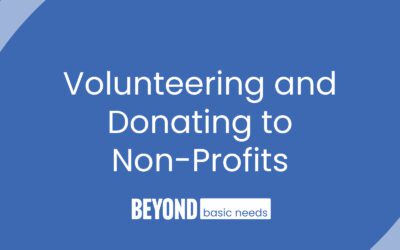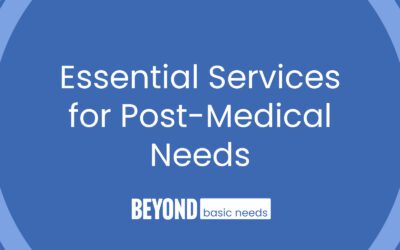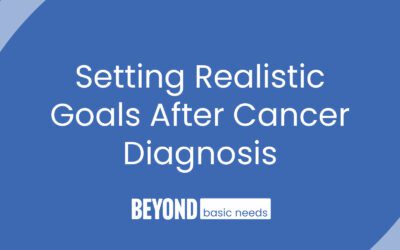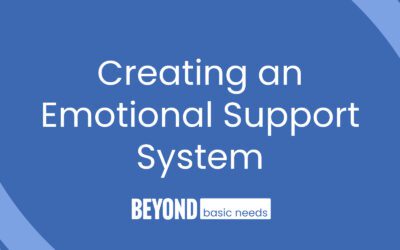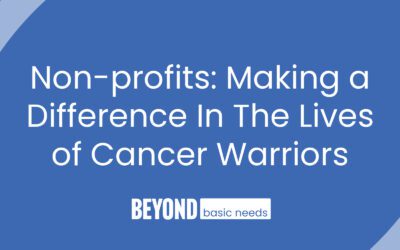The journey of a cancer patient doesn’t end with the completion of treatment. The post-treatment phase, often referred to as survivorship, brings its own set of challenges and emotions.
While the relief of completing treatment is immense, the shadow of the experience often lingers, affecting mental, emotional, and physical well-being. Post-cancer patients must adopt healthy coping strategies to navigate this new phase of their lives.
Here’s a guide to understanding and implementing these strategies:
1. Emotional and Psychological Support
While it may appear that the storm has subsided and support is no longer necessary, this belief couldn’t be further from reality.
- Seek Therapy: Consider speaking with a therapist or counselor specializing in PTSD or post-cancer care. They can provide tools and techniques to process emotions and cope with anxiety or depression.
- Join Support Groups: Connecting with others who have had similar experiences can be therapeutic. Sharing stories, fears, and triumphs can help in feel less isolated.
2. Physical Well-being
- Regular Medical Check-ups: Ensure you have regular follow-ups with your oncologist or primary care provider to monitor for any signs of recurrence and to address any post-treatment complications.
- Adopt a Balanced Diet: Focus on a nutrient-rich diet that supports recovery and overall health. Consider consulting a nutritionist familiar with post-cancer care.
- Stay Active: Engage in regular physical activity tailored to your strength and stamina. Activities like walking, yoga, or swimming can be beneficial.
3. Mindfulness and Meditation
Practice Mindfulness: Techniques like deep breathing, meditation, and progressive muscle relaxation can help in managing stress and staying present.
Engage in Activities You Love: Rediscover hobbies or pick up new ones. Whether reading, painting, gardening, or music, immersing yourself in activities can be therapeutic.
4. Open Communication
Share your feelings and concerns with family and friends.
- Talk to Loved Ones: They might be your strongest support system, and open communication can help them understand your needs.
- Set Boundaries: It’s okay to set limits. If certain conversations or situations make you uncomfortable, communicate your boundaries.
5. Educate Yourself
Stay Informed: Knowledge is empowering. Stay updated about post-cancer care, potential side effects of treatments, and signs to watch out for.
Attend Workshops: Many hospitals and organizations offer workshops on post-cancer care, which can provide valuable insights and resources.
Survivorship is a testament to resilience and strength. While the post-cancer journey can be filled with a mix of emotions, from relief to anxiety, it’s essential to remember that you’re not alone.
With the right coping strategies and support systems, post-cancer patients can navigate this phase confidently and hope, looking forward to a future filled with possibilities.
Need support? We can help.


